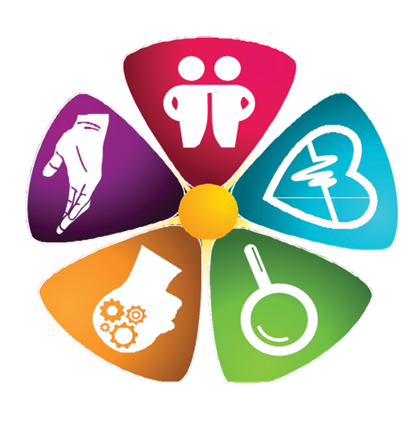Health and Wellbeing - Key Stage 5

Here are a list of resources which we have found to be useful in teaching PSHE and around the wider curriculum of promoting health and wellbeing. None of these are endorsed by us and as in our disclaimer, we are not responsible for any of their content, however we hope you may find some of them useful.
Guidance, Resources and Advice
Direct Gov - Department of Health
What does your period cost you? - a great video from the BBC.
ChatHealth
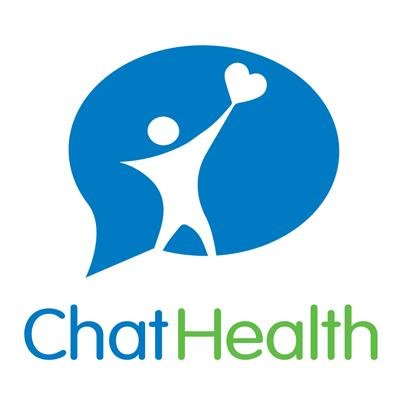 A new text messaging service offering the county’s 11-19 year olds confidential advice about their health and wellbeing. ChatHealth is a service offered by Gloucestershire Care Services (GCS) NHS Trust School Nursing Team.
A new text messaging service offering the county’s 11-19 year olds confidential advice about their health and wellbeing. ChatHealth is a service offered by Gloucestershire Care Services (GCS) NHS Trust School Nursing Team.
Messages sent to the dedicated number 07507 333351 are delivered to a secure website, and responded to by a GCS School Nurse.
The service is available Monday to Friday from 9am to 4.30pm, excluding bank holidays. Automatic bounce-backs will respond to incoming messages out of hours.
The aim is to further improve access to healthcare for young people, and will offer support relating to a wide range of health and wellbeing issues. Examples include - relationships, bullying, healthy lifestyle, anxiety, drugs, smoking, stress, body worries, alcohol, self-harm and sexual health.
Although the service is confidential and young people do not need to disclose their name, if there is a concern for an individual’s safety, there are safeguarding procedures in place. Young people will still be able to see a School Nurse face to face in a school / college drop in or other settings.
11-16 Poster Click Here 11-19 Poster Click Here
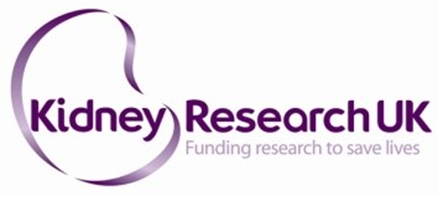 Funding research to save lives
Funding research to save lives
How organ donation is saving lives today: 90% of transplants are kidneys. There is a shortage of these organs and every day in the UK 3 people die, due to this shortage. Learning and discussing this subject will encourage people to think about signing up to the organ donor register.
Using engaging language and personal experiences we encourage students to talk about:
- the issues of organ donation
- the reasons why people do/don't sign up
- the future- and could this even be a career they might consider?
Practicalities.
- It works best with students in years between 9 and 13.
- It can be designed to emphasise the ethical aspects, if that is wanted.
- The session lasts about 50 minutes, and is a PowerPoint presentation. We see to everything.
- We can be flexible about dates and times, and there is no charge.
Please contact.
Geoff and Lily Gidley (Community Champions for “Kidney Research UK”)
glgidley@ gidley.co.uk 01452 311199
INTRODUCING OUR HEALTH UNCOVERED PODCASTS With Cel Spellman
Our new series of podcasts hosted by BBC Radio One presenter and actor Cel Spellman aim to get more young people in-tune with their health and wellbeing. Sexually transmitted infections, low-mood, self-harming, drugs, alcohol and everything else – Cel is lifting the lid on teenage health.
Life isn't always easy - and young people across the country have been helping us explore the issues that they’re facing today. From online bullying to sexual health, body image to mental health. They've been asking the questions you want to hear answered, joined by the health professionals that help young people, like school nurses and mental health specialists, to provide solutions, support and understanding.
Click here to view the full article where you will also be able to access ten audio shows, hosted by actor and BBC Radio 1 presenter Cel Spellman. The podcasts cover:
Series 1 - Episodes
#1 – Sexual health, STIs
#2 – Bullying, how it feels
#3 – Mental health, me and my emotions
#4 – Sexual health, are you ready?
#5 – Mental health, are you OK?
#6 – Grooming, could it happen to me?
#7 – Mental health, taking control
#8 – Mental health, asking for help
#9 – Social media, is this real life?
#10 – Substance misuse, know your choices
Free organ donation resources for your classroom
From spring 2020, the law around organ donation in England is changing. We have developed free teaching resources to educate young people about their organ donation choices and how the law will affect them when they reach 18, so they can make an informed decision. Click here to visit the NHS Blood and Transport website and to download the free teaching resources. (18/09/2019)
CoppaFeel!
CoppaFeel! are the first breast cancer charity in the UK to solely create awareness amongst young people, with the aim of instilling the knowledge and tools they need to get to know their bodies. CoppaFeel! talk about a serious message in a light-hearted way, empowering people to start healthy behaviours for life.
CoppaFeel! have recently refreshed the resources for teachers to help you educate, encourage and empower your students on breast cancer awareness.
What’s included:
- 3 flexible, ready-to-use lesson plans(15, 30 minutes or 1 hour) for timetabled lessons, drop-down days, form times, and assemblies.
- Quiz and crosswordactivities to test students' knowledge and reinforce key messages.
- Printed material bundles, sent to your school. Including leaflets, posters, checking cards, badges and more.
Supporting documents to build your confidence and make lesson delivery run as smoothly as possible.
Check out the Lesson Plans here
What is testicular cancer?
A new resource from leading men’s cancer charity Orchid, for key stage 4 and 5 students.
By outlining possible risk factors and signs and symptoms, and highlighting the importance of self-examination, this lesson plan aims to increase young people’s understanding of testicular cancer and their confidence in seeking help and support if needed.
Through a video stimulus and range of interactive activities, students learn how to:
- explain what testicular cancer is
- describe the signs and symptoms of testicular cancer
- identify possible risk factors
- explain how to perform a testicular examination and what to do if a problem is suspected.
This pack is free to download and includes teacher guidance, a lesson plan and accompanying resources to aid delivery, as well as a take-away summary fact sheet for students.
Download 'What is testicular cancer?'
Resources for Trans and Non-Binary people
Everyone has breast tissue and people of all genders can get breast cancer. This page is for people who are trans or non-binary, and anyone else who wants to know about checking and changes during transition. You can find out about breast cancer in men by visiting this page. CoppaFeel! and Live Through This have produced these resources to ensure all young people are empowered with the information they need to get to know their bodies.
Mindfulness
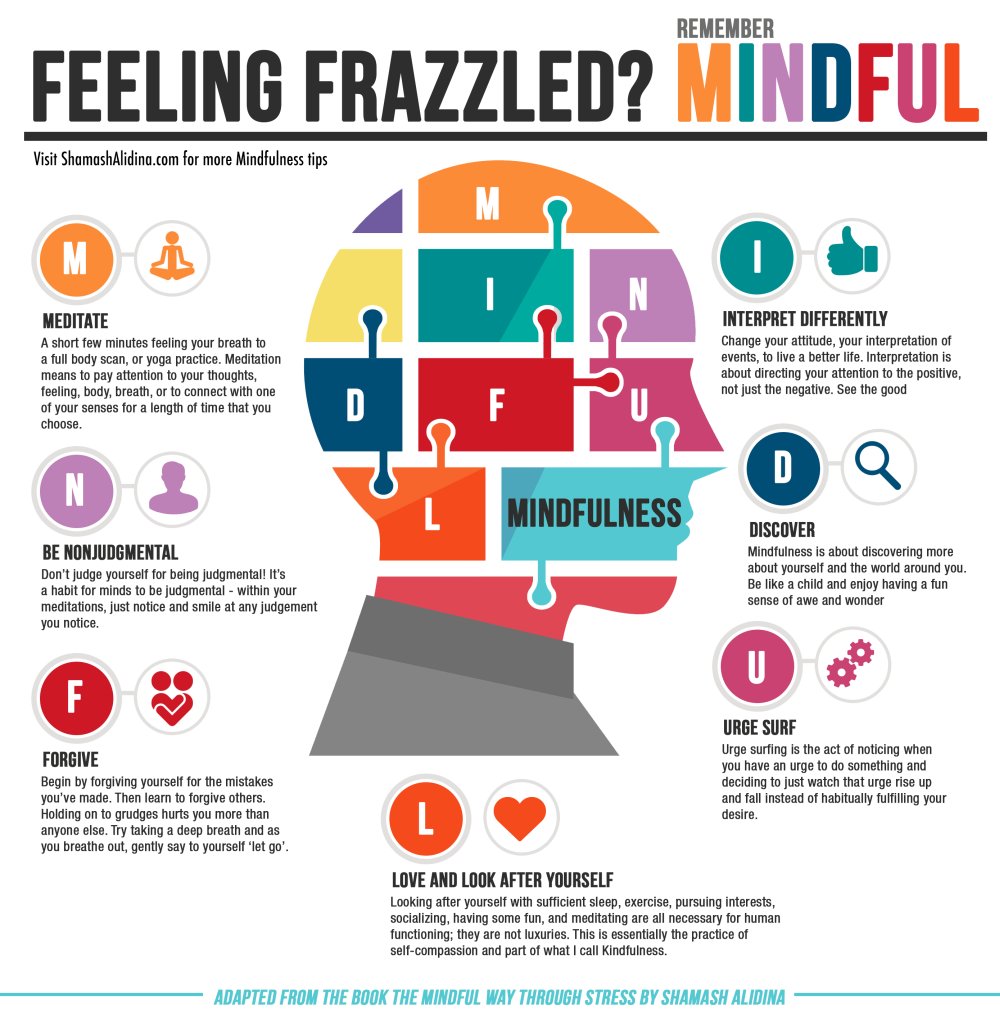
Suicide Prevention
"At age 30, she wanted to commit suicide..." - a powerful animation highlighting the importance of resilience and suicide prevention that will resonate with young people.
Cancer Awareness Education
Our fully-funded presentation, ‘Understanding Cancer Together’ introduces cancer in a sensitive way and builds on student’s existing knowledge, I explain what cancer is, who it can affect and what the main warning signs are. I also outline the main types of treatment to help make cancer less scary, as the more we understand, the better equipped we are for coping with it when it does happen to someone we know. I also discuss the wider impact of cancer not just for the person going through it but their family and friends, as often this is where students have experienced cancer. We at Teenage Cancer Trust like to equip students with the knowledge of how they can reduce their risk of cancer later in life, through healthy lifestyle choices as well as ensuring they feel confident to speak to health professionals by becoming the experts of their own body. In summary, we look at:
- What is cancer?
- Types of cancer
- Early warning signs
- Treatments
- The impact of cancer on young people
- Healthy living
- What we do and how students might get involved.
We deliver these sessions within a safe and structured environment approaching it from a sensitive, positive and empowering position. Our education programme has been mentioned as part of the 5-Year Cancer Strategy for England 2015-2020. We believe that by talking about cancer we can make a difference. I also thought you and your colleagues may also be interested to know that in July we held a Parliamentary reception to launch our Education Report which evidences the significant impact of our Education Programme in findings by Stirling University. You can read the article here (and access the full report with the link at the bottom) http://bit.ly/2aqoYDu Ideally, our presentation normally lasts for up to 60 minutes, but timings can be adapted to fit your normal lesson timings and are, as mentioned, fully-funded.
We’ve recently created a series of lesson plans on the HPV vaccinations: https://www.teenagecancertrust.org/about-us/what-we-do/cancer-awareness/resources#cervicalcancer
We also created a YouTube animation to explain what we do. Please feel free to share this with colleagues: https://www.youtube.com/watch?v=IEpiaQ3PkNQ
For further information please contact: ricky.miles@teenagecancertrust.org
Know Before you Go
Information about the transition to university aimed at young people (27/01/2020)
Lifesaving training and resources for your whole school
To help your school meet regulatory and duty of care obligations, we provide a rang of first aid support - for staff and students. You'll find training in pupil and adult first aid, adult and youth mental health first aid, plus NEW wellbeing and resilience courses. Click here to view all the St John Ambulance courses.
PSHE Association Quality Mark: NHS Blood and Transplant
We are pleased to award our Quality mark to 'Exploring blood, organ and stem cell donation' — two free lesson plans and teacher guidance from NHS Blood and Transplant (NHSBT), in collaboration with Anthony Nolan and with the support of practising teachers.
This lesson pack is designed to help students explore attitudes towards blood, organ and stem cell donation. It will support schools to meet the statutory Health Education requirement to teach students about this important topic.
Students will learn about the donation process and the laws relating to donation (including the change to an opt-out system for organ donation in England).
Through video stimuli and a range of interactive activities, students will:
- learn about the steps involved in blood, organ and stem cell donation, and the importance of donation for individuals and in society.
- explore the range of emotions that people involved in the donation process may have, and the considerations involved in a person’s choice to donate or not.
- develop their awareness of the change in the law around organ donation in England.
This pack is free to download and includes a teacher guidance document and two PowerPoint lesson plans for PSHE education (with embedded teacher notes and resources).
Please note that these materials are not designed for home learning but can be used with pupils who are physically in school now, or planned into your programme to deliver face-to-face later in the year
Musculoskeletal (MSK) Health Toolkit for employers and further education institution – how to support adolescents and young adults to a better future
The Musculoskeletal (MSK) Health Toolkit for employers and further education institution – how to support adolescents and young adults to a better future has been launched and can be accessed here .
This toolkit was developed in collaboration with the British Society of Rheumatologists and the Society of Occupational Medicine alongside clinical experts, patient representative groups, college and university representatives and adolescents and young people themselves.
Its main aims are to:
- help employers and FE institutions understand the part they play in preventing MSK conditions
- set out how employers and FE institutions can support young people with chronic MSK conditions to realise their potential, thrive and remain in work or education.
This toolkit sets out practical advice for employers and FE institutions to help adolescents and young people maintain good MSK health and help those with existing MSK conditions to thrive in their environment.
A link to a webinar promoting the resource can be found here: https://www.youtube.com/watch?v=QYyAqISl2hs&feature=youtu.be
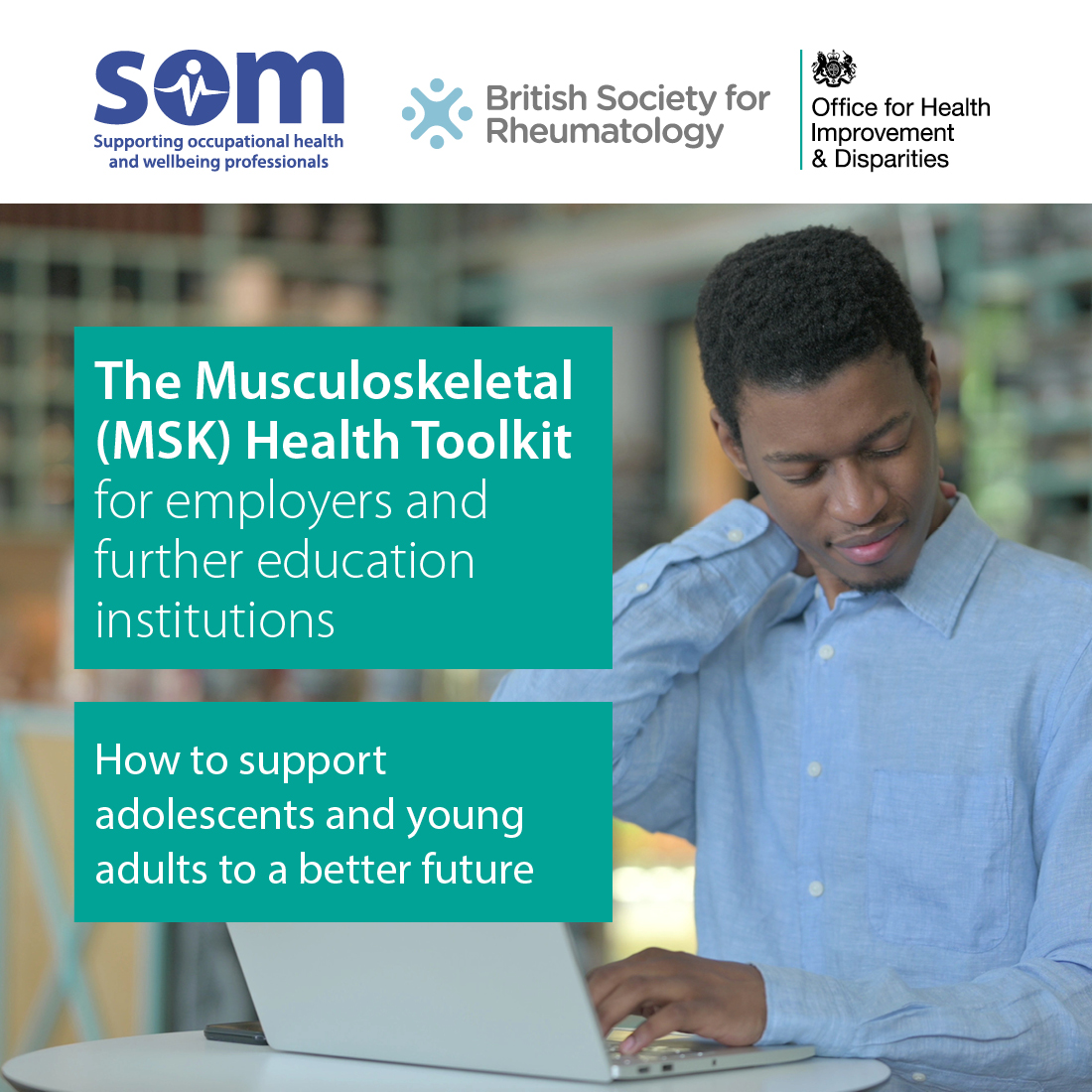
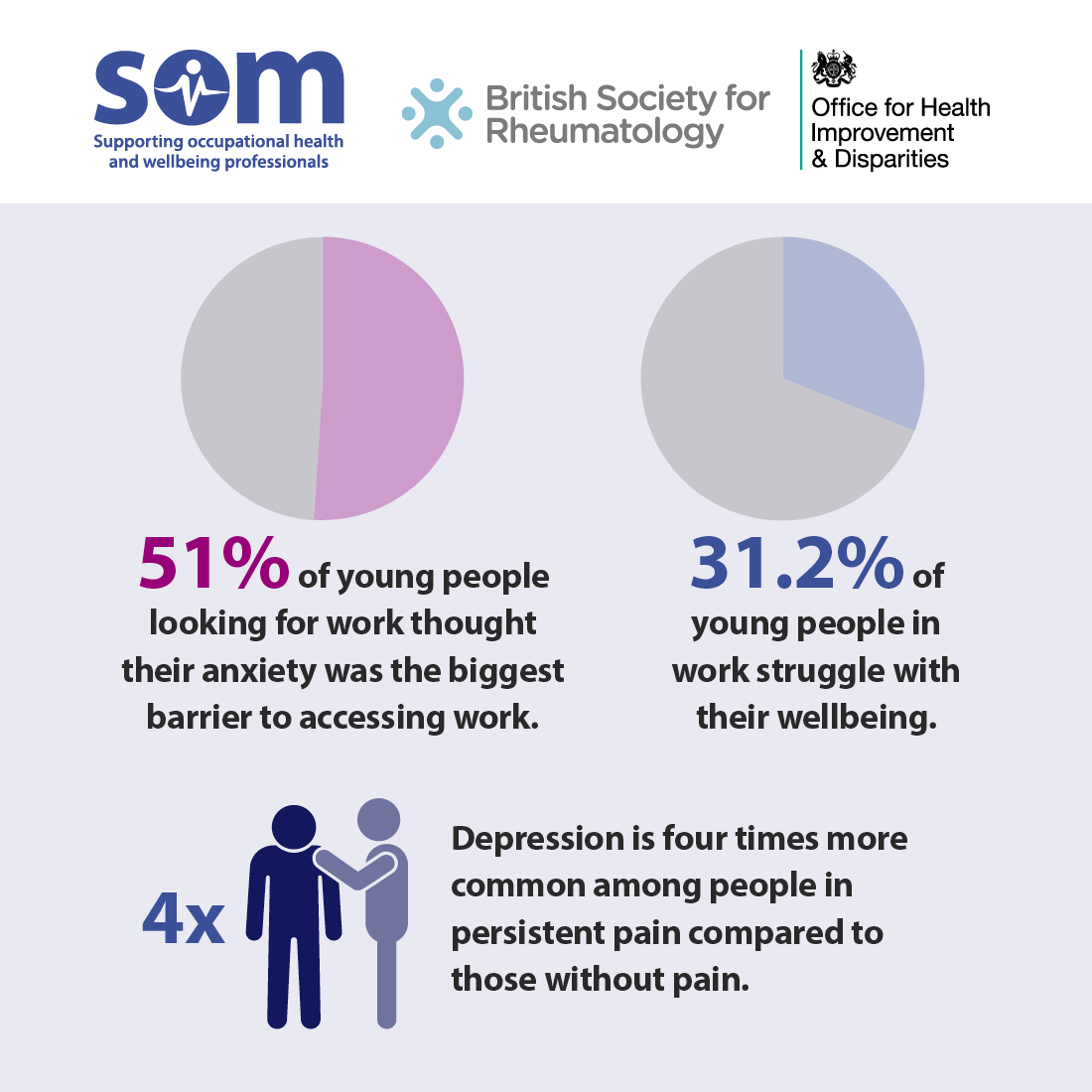
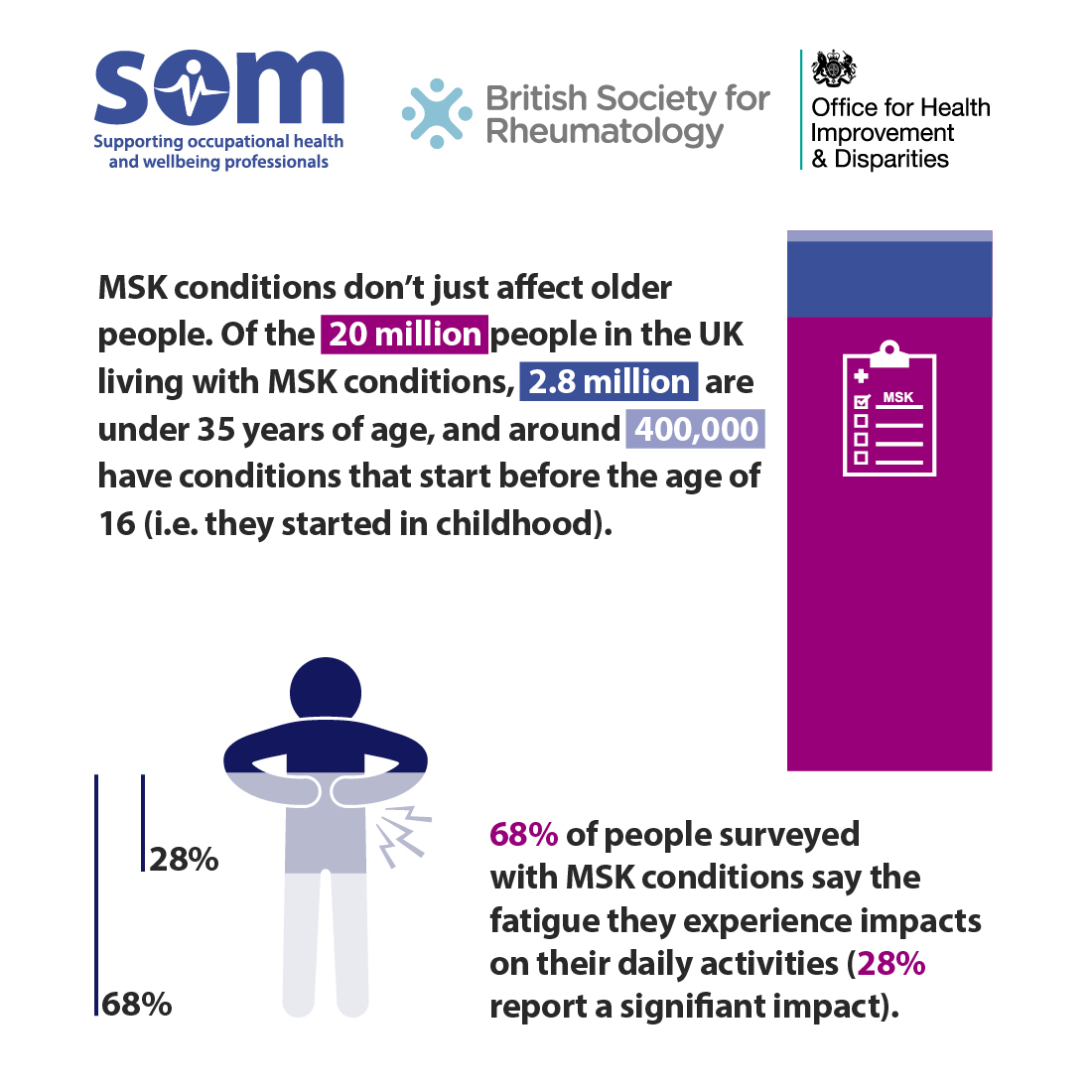
CoppaFeel: We hijacked a giant wall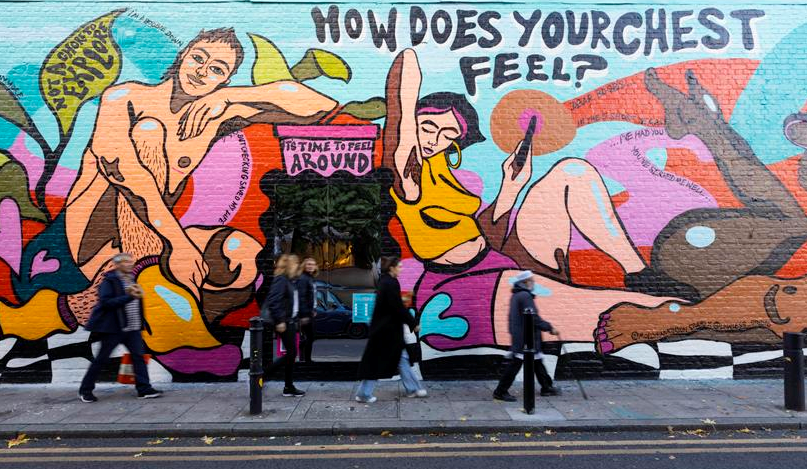
You’ll have probably already seen our Know Yourself campaign over the past year (if you haven’t, quick - watch it now!) Whether you spotted it on a billboard, in a gym, or even on your screens while you waited for Love Island to start, we wanted Know Yourself to remind you how important it is to get to know your body.
In fact, we care about it so much that we thought, ‘why stop there?’ Anyone can be affected by breast cancer, but a quarter of young people don’t realise they’re at risk, which is why there’s still work to be done to encourage everyone to get to know what normal means for them. So we took to the streets (quite literally), and with thanks to artist Molly Hankinson, Lawless Studios and Tyla, we asked, “How does your chest feel?” with none other than a giant mural.
If you happened to spot our mural in the wild, you may have had a chance to test out its life-size mirror and read some of the incredible quotes that came straight from our community. Although we would love to splash our life-saving message over every wall in the UK (we can make that happen, right?), there are plenty of ways you can stay reminded to check your chest. Just head to our Self-Checkout to choose how you’d like to be reminded.
Asthma Friendly Schools
Asthma is the most common long-term medical condition in children in the UK, with around 1 in 11 children and young people in the UK having asthma.
The UK has one of the highest prevalence, emergency admission, and death rates for childhood asthma in Europe. 13 children (0-14 years) died from asthma in 2016.
NHS England and NHS Improvement’s ambition is to prevent deaths, reduce the number of admissions and improve the quality of life of CYP with asthma. This will be achieved by improving the accuracy of diagnosis and taking a whole system approach to managing asthma.
Find out more about asthma friendly schools here.
PSHE Association: The Sleep Factor
Working in partnership with experts at Evelina London Children’s Hospital’s sleep medicine service, The PSHE Association have created a brand new sleep factor lesson pack for KS5/post-16 students and updated existing primary and secondary lesson packs with the latest research, best practice and a fresh design. To find out more see here.
At KS5/post-16 students learn about managing sleep routines independently, and the impact of sleep on professional and personal wellbeing. See below for the KS5/Post-16 Lesson Pack

Winston's Wish- Advice Booklet for Teenagers
Winston's Wish provide lots of online support that can help young people to make sense of their grief, express your feelings and find healthy ways to cope.
They have also produced this helpful booklet "You just don't understand: supporting bereaved teenagers" packed with information around grieving, the impact on young people and ways teachers and parents can support.
NICE Guidance Overweight and Obesity Managment
See the new guidance suitable for nurseries and schools from NICE
NICE guidance on Overweight and Obesity Managament
Heavy Talk: When Normal Isn't Normal
Brook have launched a new campaign "heavy Talk" to start conversations about heavy periods and to understand when normal isn't normal.
Read stories from those who experience heavy periods
Check out Brook's Toolkit to support the campain and help more people understand
Self Harm e-learning for Schools and Colleges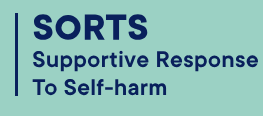
This Free, Introduction to Self Harm in Schools, e-learning module: “Supportive Response to Self Harm” is designed to give school staff the essential knowledge and skills they need to offer a supportive response to students who self-harm.
To access the e-learning click here. If your school name is not listed, type Other organisation in order to complete it.
Five Ways to Wellbeing
A great lesson plan for Wellbeing including Powerpoint and measuring tool
"What do you think is meant by the term ‘Wellbeing’?" Powerpoint : Wellbeing Powerpoint
Lesson Plan : Wellbeing Lesson Plan
Measuring Tool : Logging your Five Ways to Wellbeing
Tagged under: cancer, breast cancer, exercise, healthy lifestyles, physical activity, sex, sexual health, suicide, mindfulness, alcohol, addiction, body image, bullying, emotional health and wellbeing, Key Stage 3, Key Stage 4, Key Stage, post-16, sleep, bereavement, grief, death, obesity, overweight, weight management, periods, menstrual, self harm, Wellbeing,
Was the information on this page helpful? 



